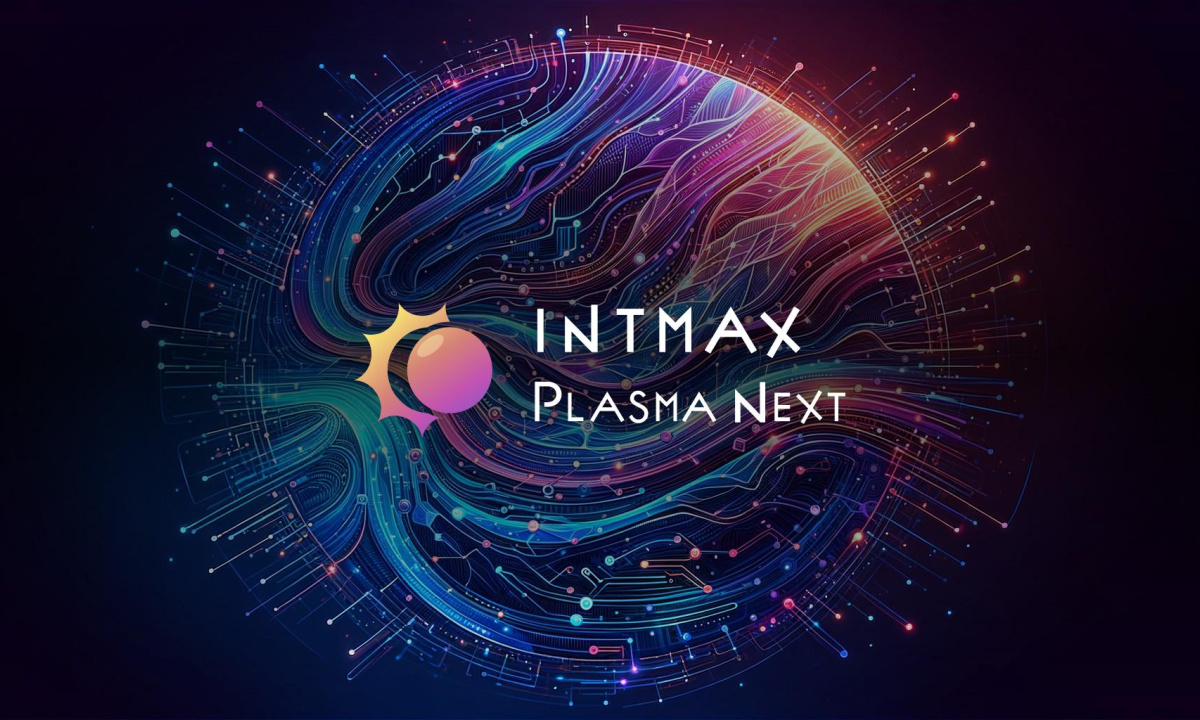
INTMAX Launches Plasma Next to Scale Ethereum with Stateless Layer
Denver, USA, February 27th, 2024, Chainwire
Made available under an open-source license after rigorous academic research, Plasma Next allows anyone to fork the code and launch the network.
INTMAX, an innovative Layer 2 zkRollup that uses stateless architecture, has officially launched Plasma Next on the mainnet α (Alpha). INTMAX Co-founder and long-time Plasma researcher Leona Hioki unveiled it at ETH Denver. Based on the foundational principles of the Plasma framework, it scales with a constant cost per block regardless of the number of users, and achieves the scalability that the original Plasma aimed for while retaining the same security assumptions as zkRollups.
Plasma Next represents a paradigm shift in how blockchain networks can achieve scalability without compromising on decentralization. By leveraging the power of bulk-token-transfer and Merkle Trees, and integrating ZKP-TLC for conditional payments, Plasma Next introduces a system with the constant state growth per block. This innovative approach eliminates the need for users to provide individual liquidity or remain constantly online, thereby enhancing the user experience and network efficiency.
INTMAX Co-founder Leona Hioki said, “INTMAX goes beyond just presenting theoretical or conceptual papers. It includes the release of code and the network as well. Made available under an open-source license, it allows anyone to fork the code and launch the network.”
One of the most important parts of Plasma Next is its stateless architecture which, according to a16z researchers, is challenging to achieve because validators would need to store only a minimal, constant-size state. Despite significant research and efforts to reduce the storage burden for validators, a16z concludes that a completely stateless blockchain is impractical. However, Plasma Next can scale at a fixed cost per block, regardless of the number of users. The solution theoretically becomes a pseudo solution to the impossibility of statelessness, as proven by a16z.
Stateless solutions are where instead of nodes or validators holding the data, users manage their own data. While the idea of users managing their own data may sound complicated, most of it would be automated along with encrypted backups.
Plasma, a once-prominent Ethereum layer-2 scaling solution conceptualized by Vitalik Buterin and Joseph Poon in 2017, was intended to help bring Visa-level transaction volumes to Ethereum. Plasma networks allow all data and computation, except for deposits, withdrawals and Merkle roots, to be kept off-chain. This opens the door to very large scalability gains that are not bottlenecked by on-chain data availability.
However, Plasma had significant issues with user experience and online requirements such as:
- Users had to wait an entire challenge period before withdrawing
- Users had to monitor transactions on the Plasma chain
For these reasons, Plasma had been superseded by Rollups. The newly launched Plasma Next is a hybrid between Plasma and Rollups, combining the strengths of both to enhance security and scalability. It incorporates sophisticated zero-knowledge proofs (ZKPs) to ensure transactions are processed with unparalleled privacy and security.
Plasma Next represents a groundbreaking evolution, promising to redefine blockchain scalability and privacy for the digital age. By addressing the need for constant online presence—a significant barrier to user adoption—Plasma Next marks a significant leap forward. It enables constant state growth per block without requiring individual liquidity preparations, thereby enhancing on-chain privacy and simplifying blockchain transactions.
About INTMAX
INTMAX is the Stateless Ethereum Layer built for mass adoption. It is an innovative Layer 2 zkRollup that uses stateless architecture to offer a highly efficient, secure, and scalable solution for blockchain applications. INTMAX provides a ready-to-use solution to empower any applications and services with instant, the most secure, and near-zero cost crypto transactions.
